A few months after the Christchurch mosque attacks, Aya Al-Umari went on a pilgrimage to Mecca, and from there to Abu Dhabi, where she and her brother Hussein grew up.
The trip was a major step towards accepting her brother’s death, she says. “I wanted to go down the memory lane of our childhood.”
She went to the pool they swam in, the alleys in which they played, and the last apartment where they lived, which has “sweet home” written on the entrance. “I knew I couldn’t just walk in or was too shy to ask, but I just wanted to see the door,” she says.
As she travelled she took pictures of herself and a photo of her brother that she took with her, comforted to feel his presence in the familiar places of their childhood.
Aya’s family is originally from Iraq. Her parents left for the United Arab Emirates when the Iran-Iraq War broke out in 1980, before the civil defence sirens went off and the first missiles hit border towns. Hussein and Aya were born in Abu Dhabi, Hussein arriving in 1984 and Aya two years later.
In 1997, the family arrived in New Zealand, a country far from the ravages of war and renowned for its peacefulness. “If Hussein were killed in Iraq,” Aya says, “no one would have cared as much, because thousands are being killed there every year.”
On the afternoon of 15 March 2019, Aya was in her office, unaware of what was unfolding on the other side of the city. Then she started receiving messages from her mother, asking her to get hold of Hussein. She called him frantically, only to be directed to his voicemail. “I was conflicted about where to go, to his house or the mosque”, Aya says, “or whether the whole thing was real.”
In the meantime the city had turned into a war zone and police officers were everywhere.
Aya somehow managed to get to her brother’s house, but there was no sign of him. “I was thinking that he is not home, which meant that he is in the hospital.” The family was forced to exist in a state of limbo for six long days before police finally asked the family to identify Hussein’s body. He was the last victim to be identified.
Even though it took almost a week for the family to get confirmation of his death, “We started grieving the day after [the attack],” Aya says.
Police warned the family that they might be shocked upon seeing his body, but Aya believes that “Hussein was at peace”, the main characteristic of a Shaheed, an Islamic term used to refer to those who are thought to have been killed for their faith.
In the aftermath of the attack there was an outpouring of support for the victims and their families. One woman delivered homemade soup to Aya and her family every day for several weeks. “It was a small gesture, but it meant the world to us,” says Aya.
The flower wall by Al Noor mosque became a symbol of New Zealanders’ condemnation of the horrific crime and their support for the Muslim community. Two years on, commuters still stop by 101 Deans Avenue to place flowers next to the mosque’s entrance.
This is not to say that hate towards immigrants has miraculously disappeared. Aya and her mother were recently subjected to a racist rant in a Waimakariri shopping mall, after a stranger heard them talking in Arabic. “While we tried to diffuse her racial tirade towards us by telling her we lost our brother in the terrorist attack, it’s sad that it happened in the first place. It was important for me to call it out,” Aya says.
During the sentencing of Brenton Tarrant in August, Hussein’s mother forgave him for the murder of her son. “I decided to forgive you Mr Tarrant because I don’t have hate. I don’t have revenge … Damage was done, and Hussein will never be here, so I have only one choice and [that is] to forgive you,” Janna Ezat told the court.
Aya described the devastating scenes she had witnessed in Christchurch hospital: “I will never ever forget the distressing scenes of people covered in blood, and the weeping sound of children crying. These images and sounds will stay in my mind for ever,” she said.
Immediately after the attack, the video livestreamed by the shooter was circulating online. Aya could not initially locate her brother in it, but she heard him shouting “Get out, Get out” in Arabic. This was later confirmed by witness accounts.
The internal CCTV footage was later reviewed by the police who said that Hussein had also gestured at the terrorist with his palms raised. It is not possible to know what was going on inside Hussein’s head, but his family believe he acted heroically in those moments, attempting to position himself to tackle the shooter. “My family knew Hussein wouldn’t run away,” Aya says.
Aya and Hussein’s relationship was like that of most other siblings, but Aya cherishes every single moment she spent with her brother. “During all these years, Hussein hugged me whenever he came to our home or I went to his. He always hugged me.” Their birthdays were just one day apart and the pair always celebrated together.
Since the 2019 attacks, Aya has been volunteering as a security guard at Al Noor mosque. She does that, Aya says, “to live Hussein’s legacy and to honour what he has done.”
Towards the end of the interview, Aya says her family will be moving to Auckland soon. Can they no longer tolerate the city of Christchurch and the painful memories it holds? “No, that’s not the case at all. We’re not escaping. This is just a step forward.”
-
This article was translated by Mohsen Kafi, a PhD researcher in literary translation studies at Victoria University of Wellington. A practising translator and community interpreter, Mohsen was one of the simultaneous Farsi interpreters at the sentencing hearing of the Christchurch mosque shooter in August 2020.









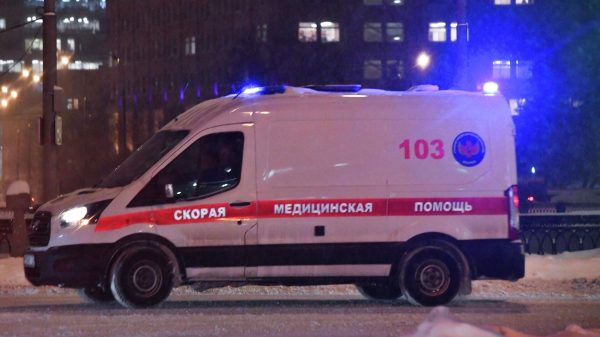
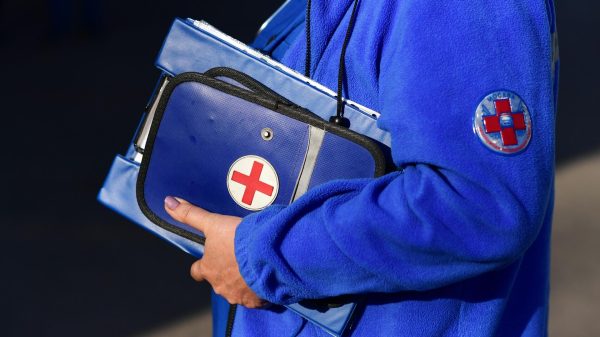









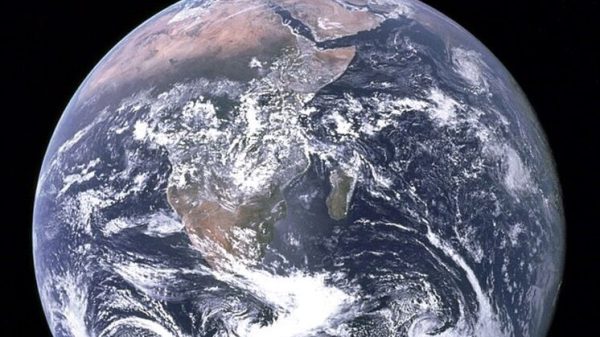












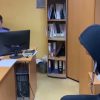

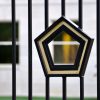













Свежие комментарии